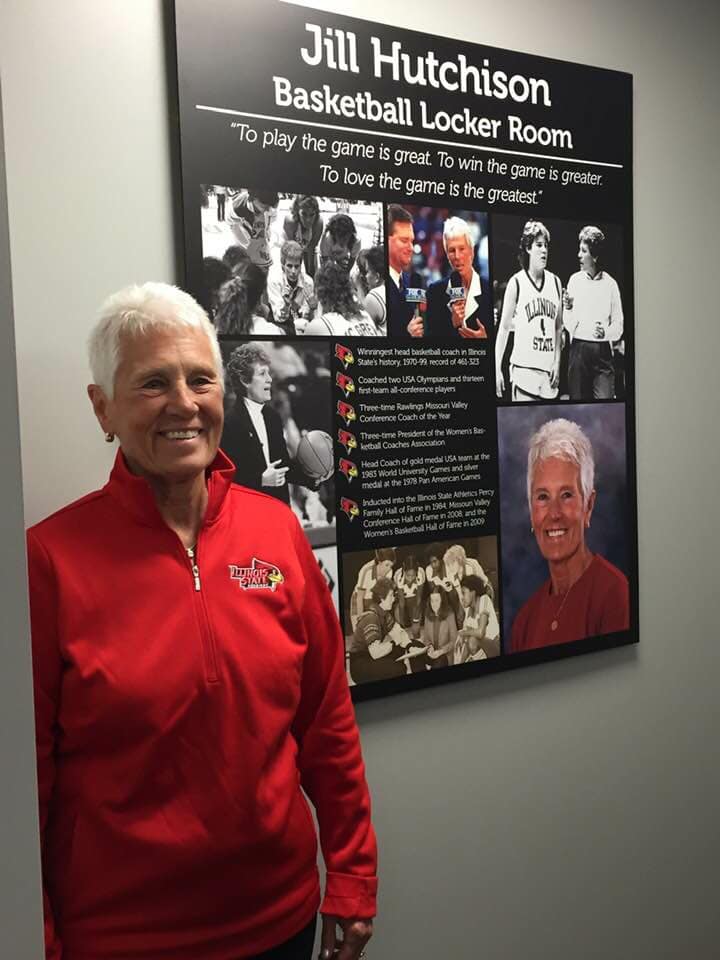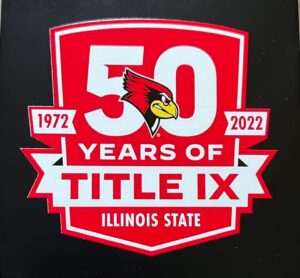 Half a century ago, no one paid any attention when my friends and I played basketball. We got kicked off the court, but shoved our way back in the game, clearing the lane for Caitlin Clark, Angel Reese, Paige Bueckers, Juju Watkins and the contemporary stars of today.
Half a century ago, no one paid any attention when my friends and I played basketball. We got kicked off the court, but shoved our way back in the game, clearing the lane for Caitlin Clark, Angel Reese, Paige Bueckers, Juju Watkins and the contemporary stars of today.
Over the decades, women’s opportunities grew thousandfold because the cultural landscape changed with media exposure. Today girls never question their right to play basketball; they have female sport icons to emulate.
Born at the turn of the twenty-first century, Caitlin Clark grew up idolizing role models. As early as second grade, she wrote about her goal to play in the WNBA. As Caitlin reached the pinnacle of her college career at Iowa, she helped pack arenas. America watched, mesmerized by her engaging personality, athleticism, and exciting style of play.
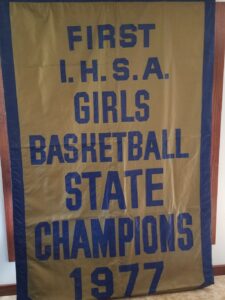 In the sixties, in my own second grade story I wrote about the lockers playing a basketball game against the waste baskets during recess. Back then, I imagined inanimate objects in school had a greater chance of competing in the game than girls. Yet, like my sports loving peers, we shot hoops anyway creating a path so new that no one envisioned its existence.
In the sixties, in my own second grade story I wrote about the lockers playing a basketball game against the waste baskets during recess. Back then, I imagined inanimate objects in school had a greater chance of competing in the game than girls. Yet, like my sports loving peers, we shot hoops anyway creating a path so new that no one envisioned its existence.
The female hoopsters of my era grew up invisible in a vacuum of time.
As a high school junior, we were allowed to compete in three basketball games. My senior season, we played 14 games and won a conference title, which at the time was more than most schools where girls’ sports remained nonexistent. No one registered my Sterling High school records. Why would they? Still, I know the next generation, including my biological little sister, wanted to play basketball like me. They did. In 1977, they became the first IHSA Sterling Girls State Championship team.
Back in my day, without specialists, and pre/post season programs, girls like me had to be our own personal trainers, dieticians, strength coaches and shot doctors. My dad, Coach Jim McKinzie, gave me a head start by perfecting my jump shot and fundamentals. Workouts with coach, Phil Smith, helped me reach the pro level.
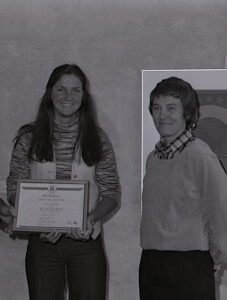
ISU Coach Jill Hutchison presenting Wade Trophy Finalist 1979. Best national basketball player award named after Coach Margaret Wade, 3-time Delta State National Champion.
I attended college in the 70s and received Illinois State’s first athletic scholarship (1978.) Right place. Right time. Right people. My coach, Jill Hutchison and her ISU colleagues paved the way for the groundbreaking reform Title IX that mandated equal opportunity for women in college athletics. Her graduate research dispelled the myth that women’s hearts would explode by playing full court. Hence the girl’s 3 on 3 half court game gave way to full court play in 1970. In 1972 Hutchison, along with ISU’s Women’s Intercollegiate Athletics director, created the first women’s national basketball championship.
This year, when Caitlin Clark, broke the all-time NCAA scoring record, she acknowledged Lynette Woodard’s scoring record during the Association for Intercollegiate Athletics for Women (AIAW) era.
“By 1981 the AIAW staged 41 championships in 19 sports and put women’s basketball on national television,” Sally Jenkins wrote in the Washington Post February 24, 2024. “Which is exactly when the NCAA swooped in with a hostile takeover, pressuring universities into abandoning the AIAW, to absorb what the women had built.“
I played ball in the AIAW era. In the infancy of Title IX, as collegiate athletes, we pushed our bodies, played hard, pulled all-nighters and still made it to class. We drove ourselves cross country in campus station wagons to compete against Michigan, Indiana, Ohio State and today’s Big Ten schools.
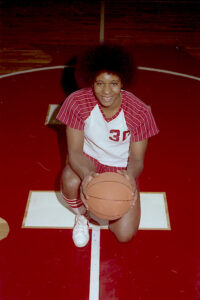
Charlotte Lewis ISU star center 1976 Olympian
In the mid 70s, we knew women could star in showtime. Our ISU center, the late Charlotte Lewis, dunked in practice. Our point guard Vonnie Tomich, a WBL All-Star, knocked down treys from downtown long before the three-point shot was added to the rule book.
Marketing? Sh**! No one in corporate America wanted to promote brands with no names like us. Name Image Likeness (NIL) did not exist. Social media, zilch. Media exposure, nada. Our only fans - loyal families and friends.
Today thousands of people tune in to women’s basketball obliterating the old records of attendance and viewership.
By comparison, in the late seventies, WBL (precursor to the WNBA) players’ paychecks bounced months before the league declared bankruptcy. Back then, no one wanted to watch a bunch of “amazon women” play men’s favorite game.

My sister, Karen, first Illinois State High School Championship basketball player, daughter, Hannah, Minnesota High School State Champion rugby player at sold out Iowa - Nebraska women’s basketball game.
We sacrificed our bodies to chase a dream so farfetched and ahead of its time that we were ridiculed. Those scars of scorn remain etched in our souls. But without us, Luisa Harris, Lynnette Woodard and the superstars of the AIAW and WBL era, there would be no Caitlin Clark, Angel Reese, Paige Bueckers or Juju Watkins. For decades women’s sports have been an afterthought, if considered at all. Thanks to media exposure and exciting play, fans now argue about the officiating, players trash talk opponents, and the women’s game is the talk of the town.
Gender disparity still exist in colleges, corporations, and societies, but the icons of the Caitlin Clark era have demonstrated women’s sport will grow if given a chance.
“Build it and they will come,” said Hutchison, Illinois State University’s winningest basketball coach, Women’s Basketball Hall of Fame recipient (2009) and a true visionary of the game.
After a long, arduous journey from the AIAW to Title XI to the NCAA Final Four to the WNBA, the ghosts of the game are hooting and hollering and dancing in the rafters. Forget bracket standings. Ignore NCAA results. Celebrate Final Score. Women Win!
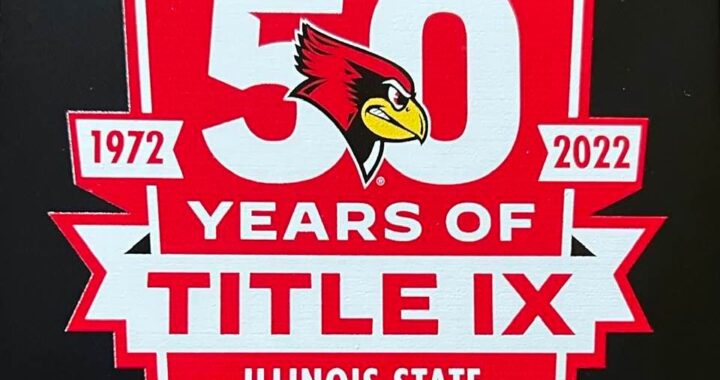

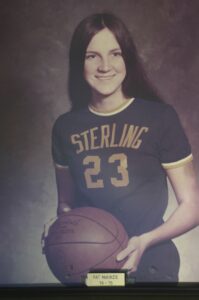 Many Sterlingites moved away from town, but like me still bleed blue and gold. Like a tattoo, our Sterling High School days remain ingrained in our hearts.
Many Sterlingites moved away from town, but like me still bleed blue and gold. Like a tattoo, our Sterling High School days remain ingrained in our hearts.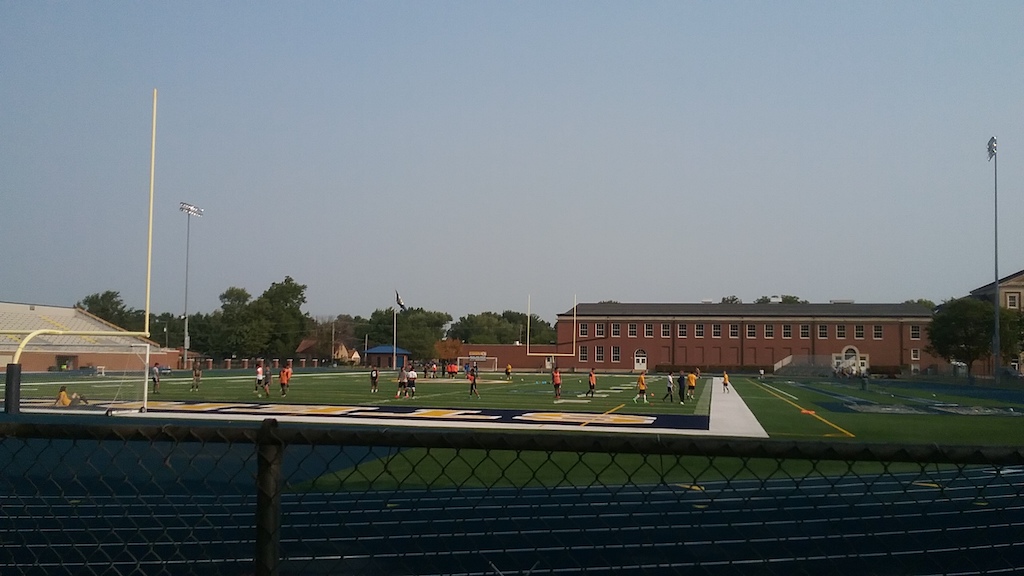
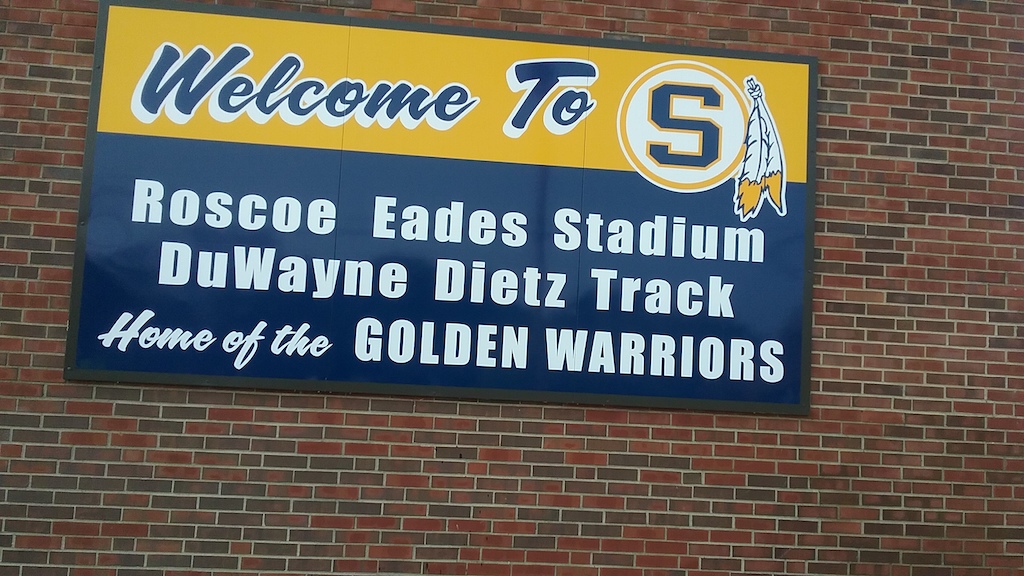
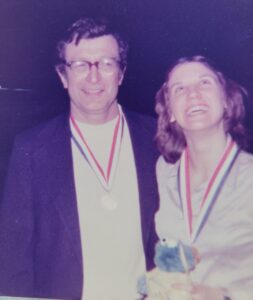
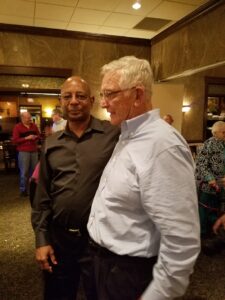
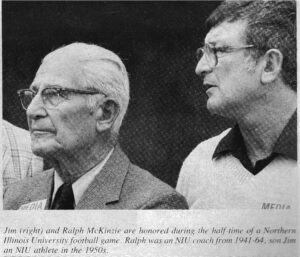
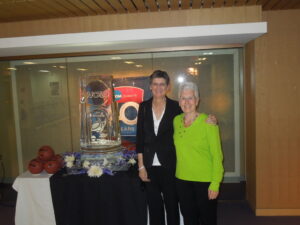
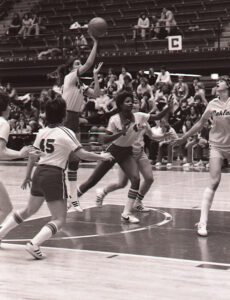
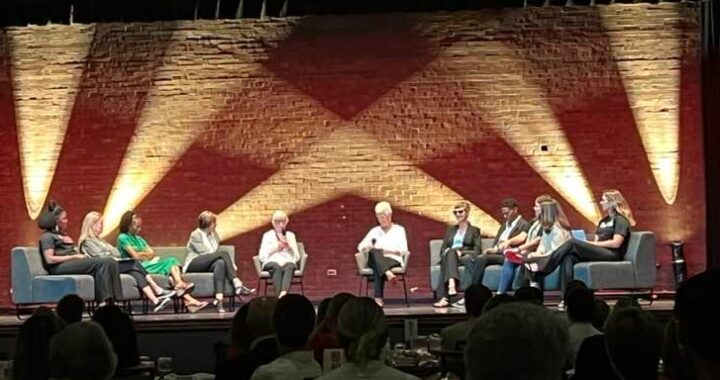
 As a girl, I was stuck on the sideline, watching boy’s basketball games, hoping that the ball would roll out of bounds so I could throw it back into play. I never fathomed girls would be allowed on center court one day.
As a girl, I was stuck on the sideline, watching boy’s basketball games, hoping that the ball would roll out of bounds so I could throw it back into play. I never fathomed girls would be allowed on center court one day.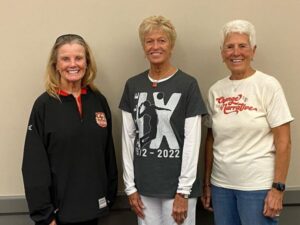
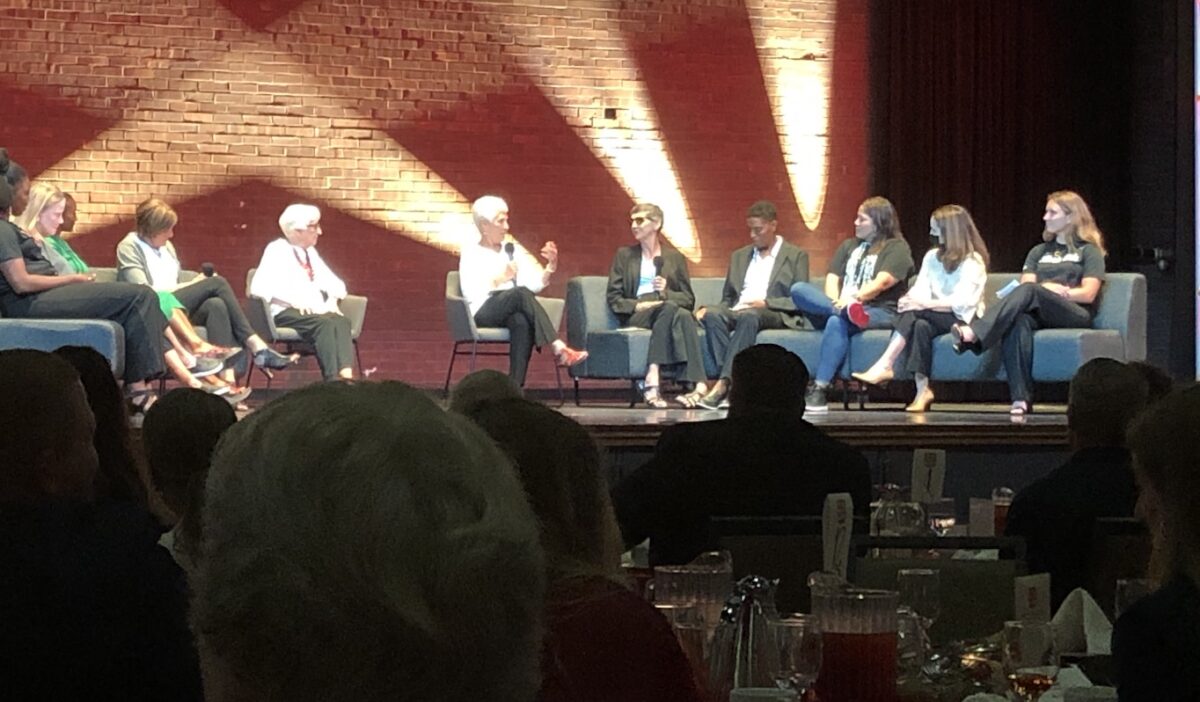
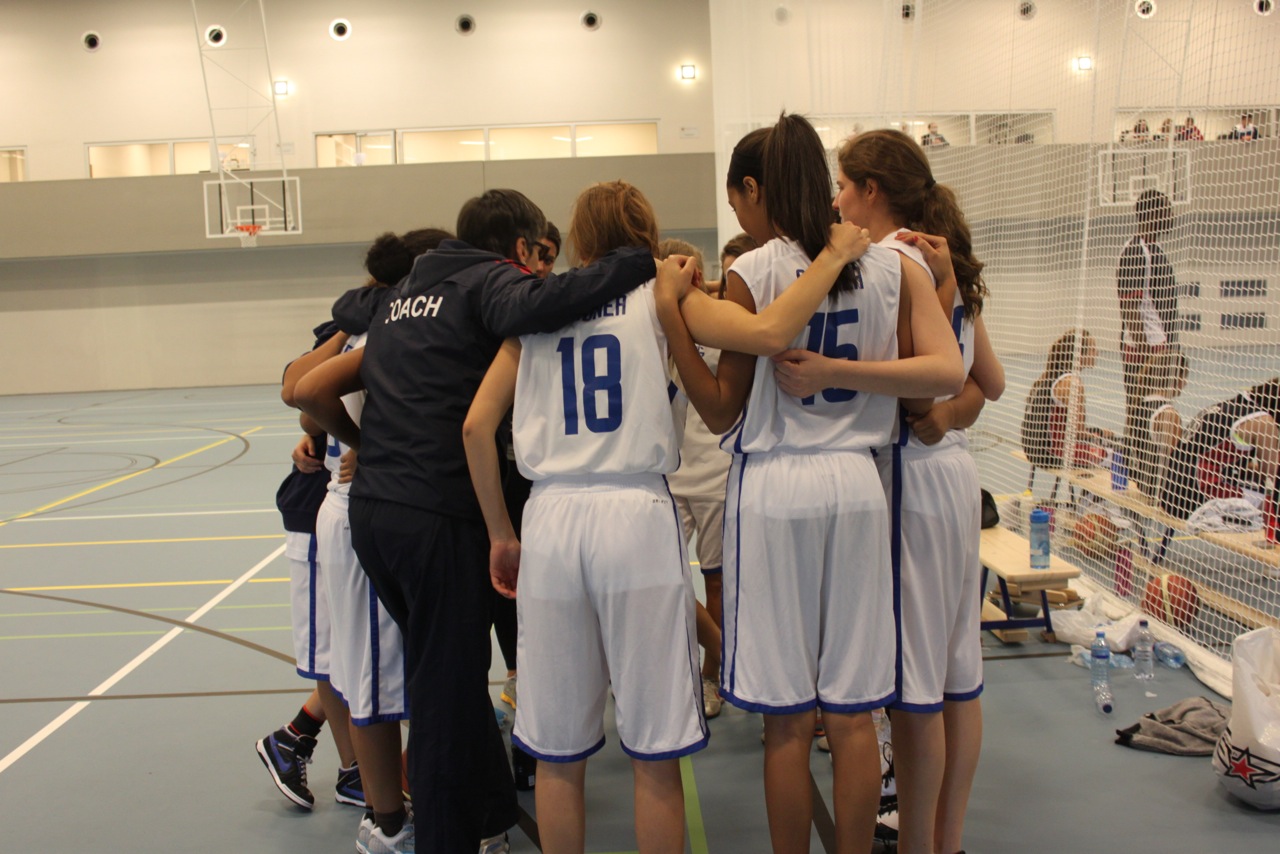
 Basketball symbolizes Illinois as much as sweet corn, the red bird and Abe Lincoln.
Basketball symbolizes Illinois as much as sweet corn, the red bird and Abe Lincoln.
 cage title (1976-77) hosted by Illinois State.
cage title (1976-77) hosted by Illinois State.
 en including Hutchison advocated for women even before the
en including Hutchison advocated for women even before the 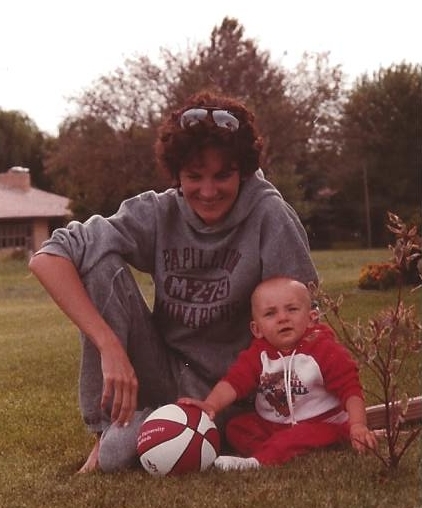
 Call me crazy, but I have always acted outside the box beginning in early childhood, when no one was going to tell me that I couldn’t throw a football, shoot a basket or run a mile. I was born with a feisty, can-do attitude that served me well in the face of naysayers.
Call me crazy, but I have always acted outside the box beginning in early childhood, when no one was going to tell me that I couldn’t throw a football, shoot a basket or run a mile. I was born with a feisty, can-do attitude that served me well in the face of naysayers. empty arenas.
empty arenas. Over the years, I witnessed their opportunities grow greater. I delighted in seeing my daughter and nieces play basketball, soccer, rugby, and run marathons. I took pride in watching my former athletes pursue careers as doctors, lawyers, counselors, and teachers.
Over the years, I witnessed their opportunities grow greater. I delighted in seeing my daughter and nieces play basketball, soccer, rugby, and run marathons. I took pride in watching my former athletes pursue careers as doctors, lawyers, counselors, and teachers. Williams. I was just a small town girl filled with my own brand of insanity.
Williams. I was just a small town girl filled with my own brand of insanity.